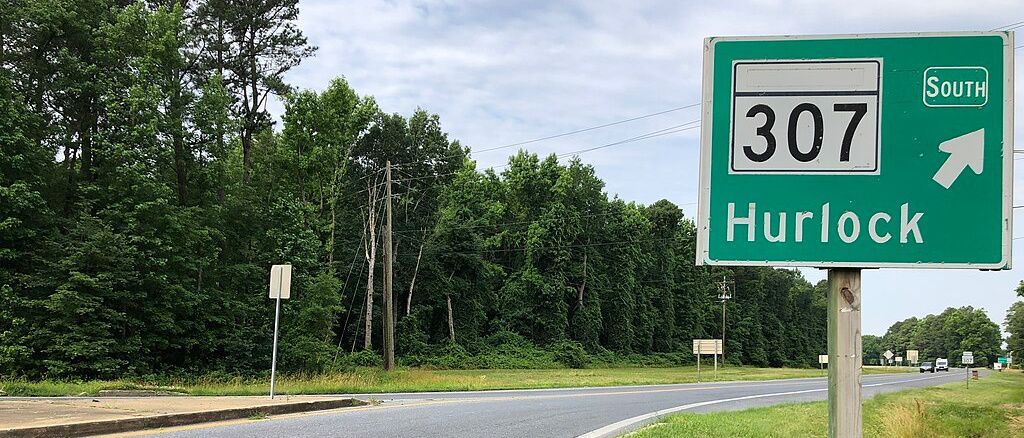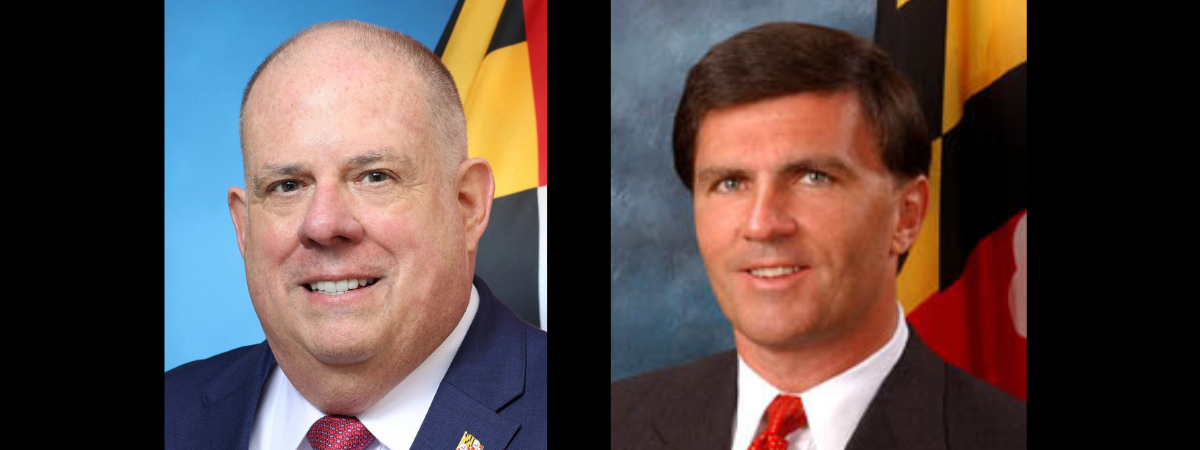Trey Hill – A Farmer’s Insights
Trey Hill of Harborview Farms is one of Kent County’s agricultural leaders, both in productivity and in openness to new ways of performing the age-old task of drawing sustenance from the soil. With his father Herman Hill, Jr., Hill has worked on the 13,000-acre farm near Rock Hall since the mid-1970s, growing corn, wheat and soybeans. He has also been active in pioneering the use of computers, solar energy, no-till agriculture and cover crops to bring farming into the 21st century.
Hill was the guest speaker at the community breakfast group meeting Dec. 16 in Chestertown, and he covered a wide range of topics. Of particular interest in the current economic climate is the impact of the U.S.-China trade “war,” which has led to the deployment of high tariffs by both countries, and resulted in an almost complete shutdown of the Chinese market for American soybeans—one of the country’s major export crops in recent years.
Asked about alternatives to soybeans in case the Chinese market remains closed for any significant time, Hill said he has given it a lot of thought, “But I haven’t come up with any solutions.” One possible direction would be to convert his soybean production to an organic operation, with a significant reduction of fertilizers and pesticides. “Organic kind of differentiates you,” he said. “We have a great organic market, but it’s controlled by Purdue,” which he said is “the number one consumer of organic goods in the country right now.” He noted that Purdue is a very large company, drawing on global markets. “I think my forte would be within a smaller company where I could get guaranteed contracts,” he said.
Hill noted that the transition time to organic production is three years. During that time, “if someone else gears up to produce it on a large scale, the price is going to drop.” He mentioned some friends in Argentina who grow organic soybeans and corn that gets exported up here. Purdue is also buying from Uganda, “where they’ve never had chemicals, so everything produced in Uganda is organic.” Likewise, “India has never had chemicals—so any farm that they can convince to grow soybeans is growing organic soybeans.”
Hill said he had to consider whether he would reduce his risk by going to organic, “Or am I maintaining that same risk structure because I’m dealing with companies that are global and sourcing globally?” The three-year conversion process requires the farmer to produce his crop organically, but until that period is finished, the crops can only be sold for the same price as conventional produce. So the gain, if any, would be delayed at least that long.
He also noted that there’s no significant market for non-genetically modified produce in this country. “I wish there was. I’d love to grow non-GMO. The export market would be there. We don’t have the ports in place to do that. I’m currently working with some folks to try to get my own export market established.” The possibility of such a market is attractive because freight rates going overseas are actually fairly cheap. “The freight rate is not much different than me taking it to Salisbury, so the potential’s there,” Hill said. “When our beans were high-priced, there wasn’t a lot of potential because we had a lot of demand here. But now that the price has dropped with the tariffs, everyone’s still readjusting, re-calibrating, keeping an eye on where the trade routes are going.”
With the international situation still in flux, Hill’s ability to keep Harborview Farms—now in its fourth generation in his family—in the forefront of Eastern Shore agriculture will be given one of its toughest tests. Odds are he’ll find a way—and that other farmers on the Shore will follow in his path. Certainly, anyone who values the region’s tradition of family-owned farms will be rooting for him.
Common Sense for the Eastern Shore








